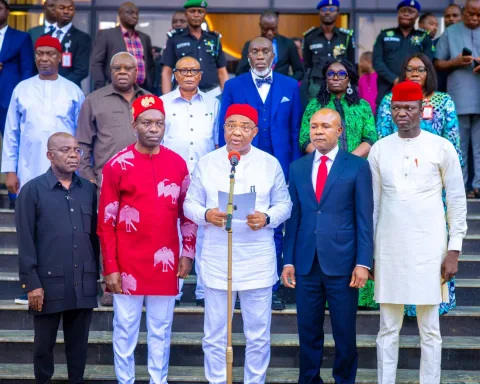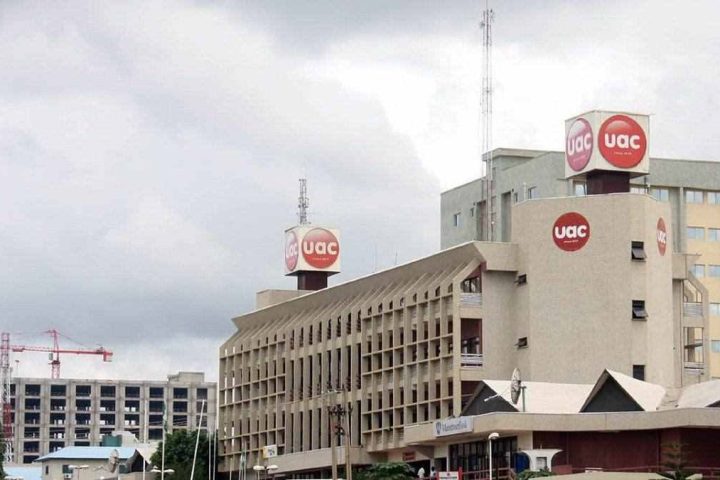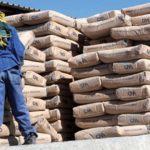In the face of skyrocketing exchange rates, Nigeria’s real estate sector is reeling from a series of challenges that threaten to derail projects, unsettle homeowners, and disillusion investors.
With building material costs soaring to unprecedented heights, estate developers find themselves grappling with dwindling profit margins and stalled projects.
Join our WhatsApp ChannelSpeaking anonymously to Prime Business Africa, a developer lamented, “I’ve had no choice but to abandon the project because the costs are just too high to bear.”
READ ALSO: Aliko Dangote Gains $6.9bn In Less Than 1 month Amid Refinery Kick Off
This sentiment echoes across the sector, as homeowners like Mr. Wale consider selling their properties due to exorbitant finishing and furnishing expenses.
To adapt to the volatile economic landscape, property sellers are pegging prices to the fluctuating dollar rate, yet the strategy fails to entice buyers amid a scarcity of willing investors.
Meanwhile, Nigerians abroad, disillusioned by diminishing returns, are turning their sights to more stable economies like Dubai.
The ramifications extend beyond financial woes, plunging residents into darkness as prolonged power outages plague serviced estates. MIGB Gardens, for example, grapples with erratic power supply due to diesel price hikes, leaving residents vulnerable to security risks amidst rising insecurity fueled by socio-economic hardships.
As estate dues and service charges soar, tensions mount between residents and service providers, underscoring the broader societal strain imposed by the relentless surge in the cost of goods and services.
With the quality of building materials potentially compromised in the scramble to meet project deadlines, the road ahead looks fraught with challenges for Nigerians navigating the turbulent real estate landscape.
Emmanuel Ochayi is a journalist. He is a graduate of the University of Lagos, School of first choice and the nations pride. Emmanuel is keen on exploring writing angles in different areas, including Business, climate change, politics, Education, and others.



















Follow Us